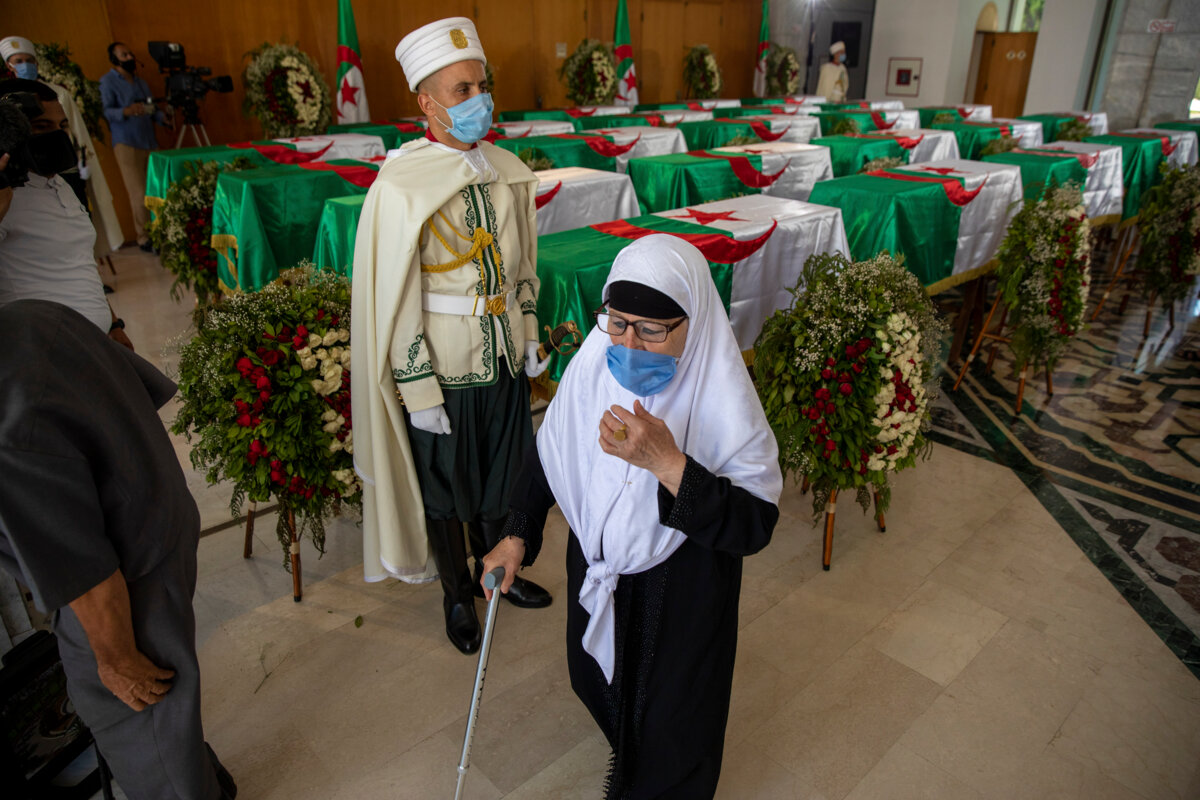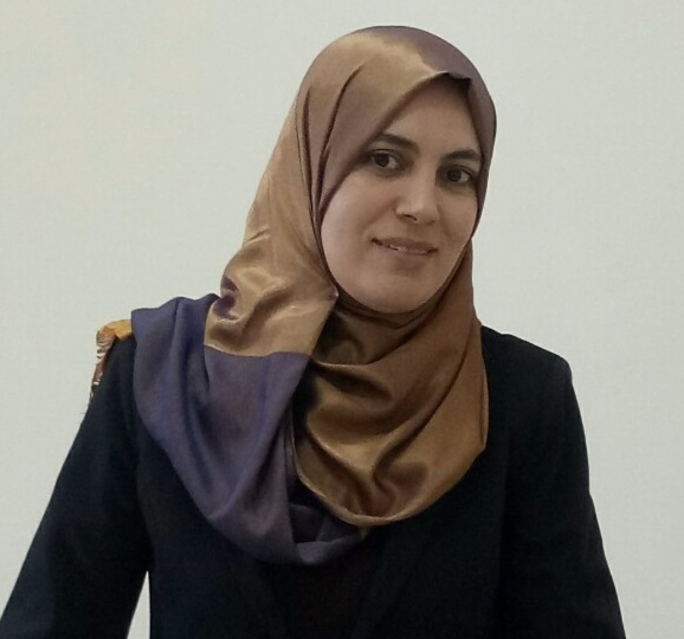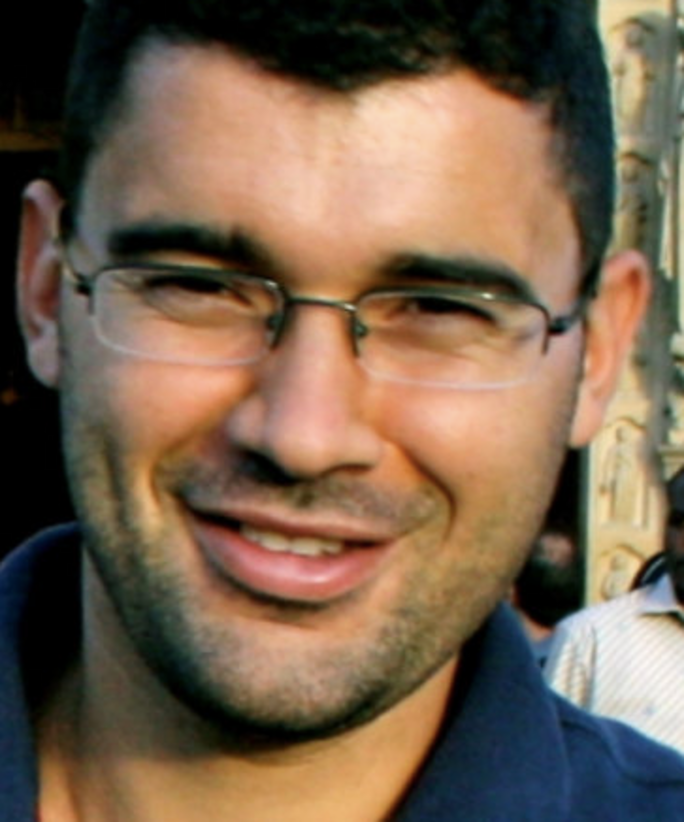On January 20th the French historian Benjamin Stora delivered a report on how France deals with its colonial past in Algeria, an issue that is still highly sensitive six decades after the North African country won its independence. President Emmanuel Macron, who commissioned the report, said he would set up a “memories and truth” but stopped short of issuing a full formal apology on behalf of France.
The publication of the report has been postponed on several occasions, mostly due to the hospitalisation of Algerian President Abdelmadjid Tebboune, with whom President Macron had discussed the nature of the report before commissioning it.
On January 25th historian Benjamin Stora defended his report in the Algerian newspaper Le Quotidien d’Oran. He has also given a long interview to The Africa Report.
Stora's report has been criticised in France by the harkis, the Algerian volunteers who fought on France's side. It has also been attacked in Algeria itself, where the historian's desire to sideline the issue of a formal French apology for its colonial acts has not gone down well. In his interview with The Africa Report Benjamin Stora pointed out that he thinks a formal apology is an “option worth considering”. But he adds: “I don’t think apologising will get to the heart of the issue. The problem of colonisation goes much deeper. Fundamental historical forces are at work ... a mere formal apology wouldn’t fundamentally change the situation.”
His approach, he says, is to place more emphasis on “education” and “knowledge of the other”. He said: “Apologetic speeches must not simply become words that are uttered one day with the aim of getting rid of such a profound issue the next day.”
Mediapart sought the views of two young Algerian historians, Afaf Zekkour, of the Hassiba Benbouali University at Chlef in northern Algeria, and Noureddine Amara. Afaf Zekkour wrote a thesis on ulama, the Muslim scholars who interpret Islamic doctrine and law, in the French colonial département of Algiers between 1931 and 1956. Noureddine Amara's thesis was on nationality laws.

Enlargement : Illustration 1

Mediapart: What was your reaction to the Stora report?
Afaf Zekkour: This report is a good example of political customs of the past. It reflects a certain dominant French position in relation to its imperial history. It illustrates some current positions of the French government combined with the convictions of the historian who wrote it.
The report is in keeping with the French domestic approach towards the Muslim faith. And the absence of an Algerian report so far shows that the two states have their own political agendas and that their interests don't really coincide.
My fear is that, because of its waiting strategy, the official Algerian contribution will be no more than a reaction and not its own strong proposition …. a detailed position adopted by the Algerian state in relation to this serious issue.
Noureddine Amara: If, as the report's author recommends, we need to aim for the truth, I'm not sure that we should look for it or that we can find it at a state level. The balance that Benjamin Stora wants to maintain between his position as an experienced historian and the fact that he has been commissioned to write this doesn't hold. He wants to (re)unify the nation ahead of writing history. His report is soft revisionism.
Soft, because his power of persuasion is backed by the morality of reconciliation.
Revisionism because, without denying the colonial crimes, the author sifts through history, and sorts, selects, grades and puts things in order in a random list. So we're no longer saying what happened so much as making a case for what matters in the present. In these circumstances, with each society exercising its right to a list of issues that matches its own priorities, it's by no means certain that we can find a common ground of understanding.

Mediapart: Are you not comfortable with this idea of “reconciliation”? And with the two heads of state of France and Algeria pursuing the same approach over this ongoing issue?
Afaf Zekkour: In terms of “reconciliation” or the “calming” of memories I think that, far from it being resolved by writing a report, this is a long-term undertaking. While the passage of time can play its part, we should first of all call things as we see them, in both Algeria and France.
It's about each people writing their own history, facing up to their own traumas. These efforts require a lot of courage and political will. I'm not sure we find enough of this in the Stora report.
And the issue of finding a common space for reflection can't be created in calm and effective conditions without first have sorted out the imbalance in producing historical knowledge. This is entirely Algeria's responsibility. We need to have a strong proposal of our own rather than always reacting to the French agenda, whether that is political or historiographical.
Ultimately this report is in a way a clarification of a French point of view. Is it a majority view? That's for Stora's colleagues to say. But I don't think it can achieve the “reconciliation” or “calming” of memories between the two sides that President Macron wants.
Noureddine Amara: The problem of reconciliation by decree is that it is trying to resolve a philosophical issue, that of good and evil, of fairness and injustice, via the twists and turns of history. We can't bet the future of our respective societies on a personal point of view that's been given under the dictate of authority. And the assurances from the report's author that the “door remains open for civic disputes” [editor's note, meaning over aspects of Franco-Algerian history] are just a personal commitment. We're not obliged to take their word for it.
This pressing need for reconciliation is thus problematic both in principle and in the likely way it will be used politically. The fear is that this operation to calm memories will take on the guise of some kind of moral authority, and it will end up excluding those who disagree, those who are still bitter, modern-day radicals. I think there is some benefit in conflict.
If controlled, [conflict] is a way of questioning that's stronger that reconciliation, in renewing our respective historical work. While these histories can be reciprocal, they should be able to stay divergent and in opposition to each other, about what France was, about what Algeria was, and about what colonised Algeria was. From my point of view the Stora report's approach interrupts these processes of confrontation, which can be beneficial.

Mediapart: By which you mean...?
Noureddine Amara: The manner of talking about reconciliation is too political for us to make it a reason for carrying out future historical research. [Stora] says that he is aware of the issue of a “war of words”, so we expected a less naïve and more critical approach to his president's turns of phrase. In common sense terms, the word reconciliation is loaded with an historical preconception which doesn't stand up to scrutiny.
Our war of liberation didn't break a bond of friendship with France. After 1830 [editor's note, when France invaded] France's wasn't Algeria's friend - but its occupier. Unless we understand “reconciliation” in its Christian – almost Pauline – sense in which a sinner is reconciled through confessing their mistakes, this ambiguous term is too loaded for us just to be able to accept it. He implies a French choice of definition for the meaning, one which prefers reconciliation to justice. Each to his own.
Mediapart: What do you think of the different concrete measures recommended by Benjamin Stora? For example on the two major problems, which are the issues of archives and of those who disappeared during the war of liberation?
Afaf Zekkour: An historian's work is almost impossible without archives. Before the end of the war of liberation, the defeated colonial power undertook a vast operation of “repatriation” of archives made in Algeria, not only the archives from during French occupation but also precolonial archives, from Ottoman times. Because of this, after independence Algeria found itself without large parts of its archival memory.
Algerian researchers living in Algeria were forced to go to France to consult them. As a result unfettered access to archives from the colonial period and the war of liberation has been a real issue. It's worth remembering that. It is indeed a problem that unfettered Algerian research is subject to French policies on granting visas.
There's still a long way to go on this issue; the “joint” writing of history is not going to happen tomorrow. It will take generations for this initiative even if some political decisions – on the issue of those who disappeared for example – can help. Politics can't do everything. And the acknowledgement by President Macron of France's responsibility over the death of Maurice Audin [editor's note, a French mathematician and anti-colonialist who died under French torture during the battle of Algiers in 1957] caused a row.
Algeria has thousands of disappeared people who still remain unidentified and who also deserve acknowledgement. The condemnation of a deeply iniquitous colonial system doesn't count as an “acknowledgement of murder”. What rate of progress must there be in making these acknowledgements so that this the issue of justice is finally cleared up: one a year for each 132 years of colonisation?
Noureddine Amara: To be completely honest with you [the two major issues] interest me less than the historical narrative that he uses to justify them. The history that he describes to us in the first two parts of his report is not acceptable. Benjamin Stora has campaigned for a deepening in historical knowledge of the colonial period, yet he misses the profound historiographical change that is already turning our relationship to this past upside down.
He builds up, out of all historical proportion, the notion of a “world of connections” [editor's note, the idea of social interaction between French colonialists and Algerians during colonial times] as if the paths of a few individual people were enough to establish an historical sociology that is full of lessons for us. It should be about restoring individuals at the margins to their correct sociological relevance rather than elevating them - post mortem - to a position of exemplars. This temptation to have an ethical narrative, in which the pain of each individual is the same as anyone else's, is an ideological stance. And that's how we should discuss it. It's not history.
We are told, loudly and repeatedly, that the pied-noir [editor's note, people of French origin born in Algeria during the colonial period] was not always a colonist of high standing. For sure. No serious sociology disputes that. But the modesty of [their] social circumstances does not make a difference to their closeness to the Algerians. Even for the poorest of the French, the colonial state made them better off in relation to the Algerians.
You have to accept the wider meaning that Algerians give to the idea of 'colonist'. For many Algerians, a French person in Algeria was someone who benefited from the French conquest, who profited preferentially from it, even if they were not property owners. It's a colony.
Finally, Benjamin Stora's thesis that the Algerian quest for (or conquest of) French nationality mitigated towards the emergence of a “world of connections” can't be accepted. The laws on nationality were not designed from a liberal and progressive perspective. They were the continuance of war by other means.
The colony's main enemy was demographics. So by a kind of legal Malthusianism, the nationality laws sought to reduce the indigenous majority and boost what is termed the European minority. They worked towards reversing indigenousness by making the latest arrivals – the European migrants – the leading people, the voters.
Algeria: useful again to France
Mediapart: There's been very significant manipulation of history by the government in Algeria since independence. That's also the case at another level in France. Can one escape from that?
Afaf Zekkour: To understand the issue of the “manipulation of history”, it's worth remembering that this was in proportion to the level of the trauma of colonisation and the heavy consequences that Algeria had to deal with after its independence. The myth was necessary because it had also brought about liberation. It had a progressive side to it before it became soporific.
I'm not sure that writing history was a priority for the first generation of free and independent Algerians. They had to undergo a major and difficult process of mourning, dealing with the after-effects of a painful war of liberation which had just brought to an end a century of hardship and dispossession.
You can't accuse the Algerian government of “manipulating history” without evaluating a colonial legacy which had hampered the conditions in which genuinely free Algerian historical thinking could emerge. Professionalism in the domain of history was primarily the result of an independent Algeria.
As for the issue of Algerian-French relations from independence to the current day, including politics, economics and cultural affairs, this has been a reflection of colonial history itself, with mistrust and compromises.
The “manipulation” is thus not just reciprocal but also relates to each state's own interests. So I don't think that this “manipulation of history” will stop one day. However, I am convinced that the publication of historians' work will make societies more aware and less prone to stoking up issues about the past. There's nothing unusual in the Algerian state's relationship with history; it seems to be like those of other states.
Noureddine Amara: It's damaging that France thinks [the process of reconciling the past] must be achieved by taking as read Algerian memories of the conquest and the French occupation. Historical memory is not a bill of exchange. It's not memory that controls relations between states but interests. Memories [of the past] have never been an obstacle to signing trade deals, as Benjamin Stora rightly recalls.
So why enforce a joint memory now?
It's because thanks to our geopolitical position on the Mediterranean and next to the Sahel, Algeria has once again become a useful frontier for France. This is because of the triple factors of migrants, terrorism and fossil fuels/renewable energy that Benjamin Stora highlights at the end of his report. While we understand the presumed usefulness of reconciliation and the promise of joint benefits, memory of the past can't be offered as a neighbourly concession. It's not for Algeria to pay the heavy price for that which, after the Libyan affair [editor's note, France helped in the overthrow of Muammar Gaddafi's regime in Libya in 2011, which has led to instability in the region], France is largely responsible.
There's no need for a common memory or common history to jointly consider a win/win relationship that's in both states' interests, serving their respective peoples. Especially not when such reflections are always accompanied by an unwelcome and very French refrain justifying a supposed political destiny in the name of a “common past of 132 years”. And what a past!
Someone will have to explain to me this great philosophical logic under which Algerians are now warmly called upon to march in step with France because, after the murderous violence of the war of conquest, that country controlled the Algerian people's annexation to the French state for 132 years through the merciless law of dispossession, discrimination and humiliation.
That is first and foremost what France in Algeria was about. And [highlighting] the individual paths of some French liberals who became involved alongside the Algerians represents a form of unburdening after the event; in other words, it's too easy.
----------------------------------------------------------------------------
- This is a shortened version of the original interviews in French which can be found here.
English version by Michael Streeter


